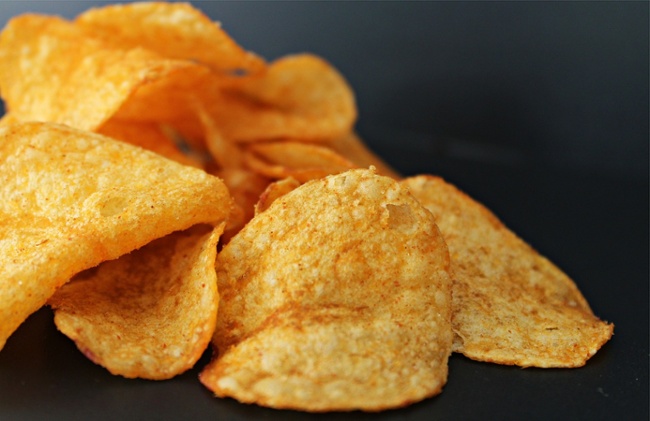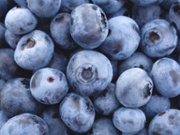| News for food, nutrition and health professionals | SIGN UP ⋅ SHARE |
|
|
 
|
Healthy Start
 |
| (Pixabay) |
Researchers in the Netherlands are examining the impact of altering the texture of ultra-processed foods on energy intake. The study, published in Nutrition Bulletin, involves two 14-day diet phases during which participants consume hard-textured and soft-textured ultra-processed foods in random order to assess changes in energy intake and metabolic outcomes. |
|
|
 | Building a Scalable Customer 360 in Healthcare
On October 2 at 1 PM EST, discover how to link data across platforms and tackle governance challenges. Learn from Baylor Scott & White's digital and analytics leaders in this webinar to find out how they replaced IBM initiate and built a phased Customer 360 to unify 46M identities across Epic, Snowflake, and JV Systems.
Register Now! |
|---|
| |
|
|
 
|
Dietary Health
|
Nutrition experts say there is no one-size-fits-all approach to optimal meal timing and frequency, but they recommend eating when hungry and ensuring meals are balanced, with fruits, vegetables, whole grains, lean proteins and healthy fats. Registered dietitian Marisa Moore recommends eating most food earlier in the day and avoiding large meals close to bedtime to aid digestion and sleep quality, while RD Jamie Nadeau notes that intermittent fasting is not necessarily more effective than traditional diet and lifestyle changes for weight management.
|
|
| |
 |
| (Pixabay) |
Celery contains nutrients such as vitamin K and potassium, as well as anti-inflammatory compounds, and offers health benefits including improved hydration, digestion and bone health, registered dietitians say. "The claim is that some foods, like celery, burn more calories to chew and digest than they actually provide--but that's not true," says registered dietitian nutritionist Michele Rager, adding "rather than chasing 'negative calories,' focus instead on choosing foods that add nutrition, balance and satisfaction to your plate."
|
|
|
Green and red grapes are nutritionally similar, with both containing around 80-86 calories, 1 gram of protein, and no fat per 100 grams. They also have comparable carbohydrate and sugar content, making them similar choices from a nutritional standpoint. Registered dietitians caution that their high sugar content should be considered, especially for those mindful of blood sugar levels.
|
|
|
 
|
Science & Research
Low-income individuals show a higher prevalence of eating disorders, challenging the stereotype that these disorders affect only the affluent, according to a study in JAMA Network Open. The research notes that food insecurity can lead to unhealthy eating patterns and mental health issues, and experts warn that recent cuts to nutrition programs could exacerbate the situation. |
|
|
Novo Nordisk's Wegovy may significantly reduce "food noise," or intrusive thoughts about food, with 46% of patients reporting fewer constant thoughts, according to research presented at a medical conference in Austria. The study, which surveyed 550 people, also found that 64% of respondents experienced better mental health and 80% adopted more healthful habits.
|
|
| |
 |
| (Pixabay) |
Introducing blueberries as one of an infant's first solid foods may enhance immune function and gut health, according to a study published in Frontiers in Nutrition. The research shows that infants consuming freeze-dried blueberry powder experience improved allergy symptoms, reduced inflammation and beneficial changes in gut microbiota. |
|
|
|  |
 
|
Play Paths to Power bonus path
|
Yeahhh… gonna need you to finish.
You've come this far. The bonus path is basically the TPS report of quests—but this one's actually fun. New chaos. Quirky riddles. And maybe even some flair. You found the Wizard of Lite, now he joins you for one final quest to truly bring calm to this digital, mystical land. Play Game
|
|
  | | |
